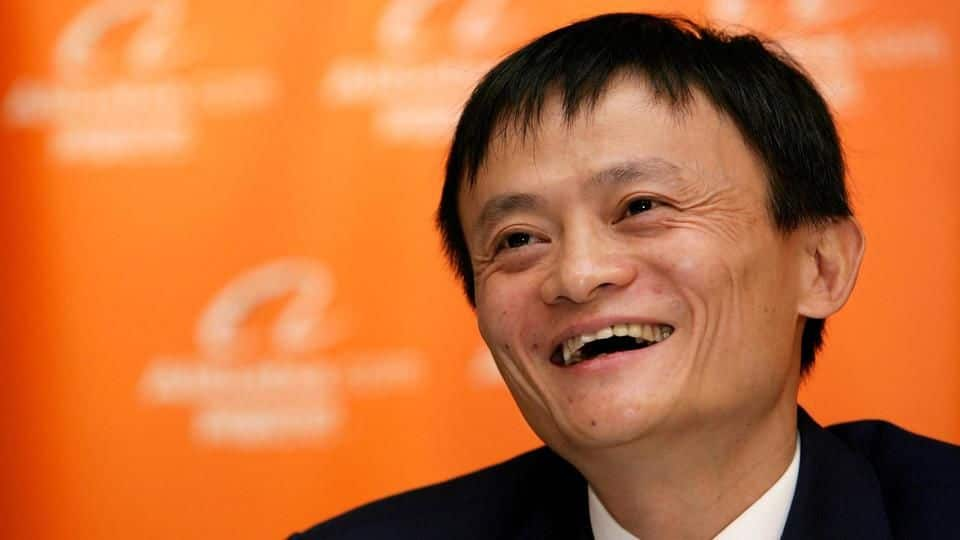
Singles' Day: Alibaba generates $25.3bn sales; more than Iceland's GDP
What's the story
Chinese e-commerce giant Alibaba's Singles' Day on 11th November saw the company make around 168.2 billion yuan ($25.3 billion) in sales - more than Iceland's GDP - in just 24-hours. Alibaba made a new maximum sales record, while surpassing its 2016 Singles' Day sales figures only half-way through the 2017 sale. What does this mean for the economy and for Alibaba's competition?
Do you know?
The origins of Singles' Day
Singles' Day, earlier called Bachelor's Day, was first celebrated in Nanjing University, China on 11th November, 1993, and soon spread to other universities. Observed by both sexes to celebrate being single, it has now become the largest online and offline shopping day in the world.
Sales details
Details about sellers, buyers and more
This year's Singles' Day sale saw an increase of 39% over last year's sales figure of 120.7 billion yuan. The sale helped 82 brands including the likes of Nike, Xiaomi etc. to make over 100 million yuan in sales. Meanwhile, shoppers weren't restricted to China and hailed from at least 225 different countries and regions.
Data
90% of transactions were done on mobile
Around 90% of the transactions on Singles' Day were carried out on mobiles. Meanwhile, at peak levels of customer activity, Alibaba's servers were processing 256,000 transactions per second.
Competition
Alibaba might overtake Amazon in the future
Although Alibaba's e-commerce experiments are still in a fledgling stage, success could see them take a lead over global leader, Amazon. Alibaba started expanding and poured billions into buying shopping malls, grocers and departmental stores years before Amazon started the same with its $13.7 billion acquisition of Whole Foods Market Inc. It has also been bolstering logistical support for sales and after-sales services.
Model
Alibaba's ambitious plans amidst growing revenue
Alibaba's investments over the years are already bearing fruits with revenue trickling in. Revenue from Alibaba's Hema supermarkets and Intime departmental stores showed a massive boost, quintupling in this year's September quarter. The Chinese giant is also looking to franchise its Hema model which combines a supermarket, restaurant, and a fulfilment centre at a single location on its online platform.
Economy
But, does Alibaba's success mask symptoms of economic slowdown?
Despite the massive amount of sales on Singles' Day, Chinese e-commerce giants like Alibaba, JD.com Inc. etc. are facing difficulties amidst China's slowing economy. Owing to shrinking numbers of customers, these companies are having to spend more to compete for customers in China's broader economy. Some are also being pushed offline or overseas in their search for new customers.